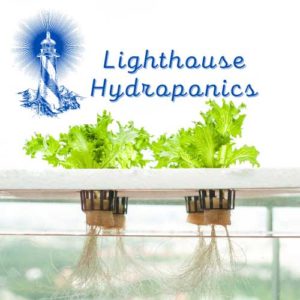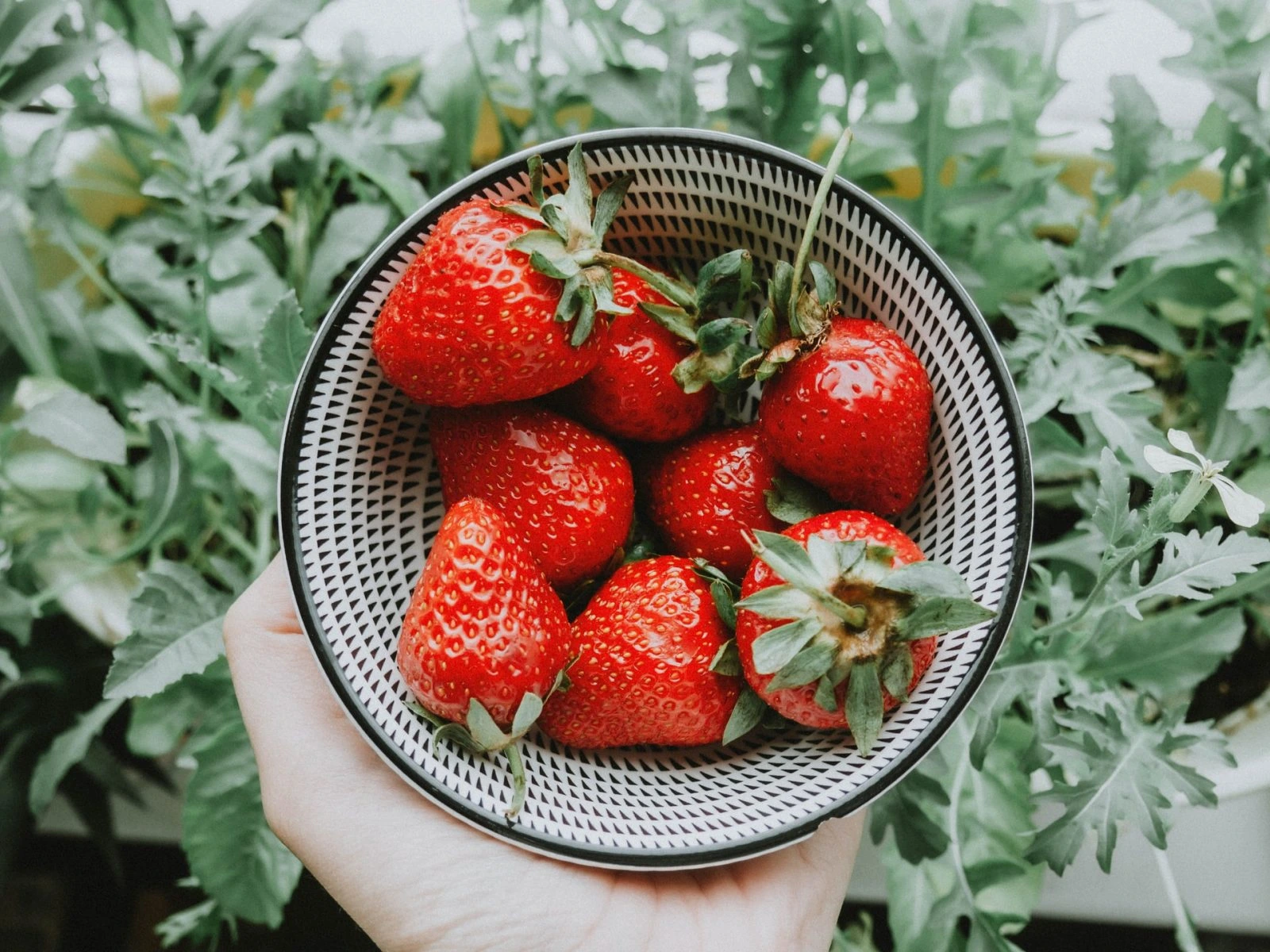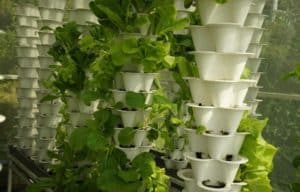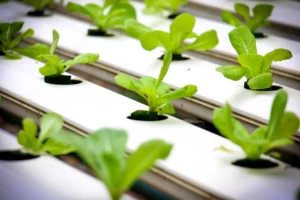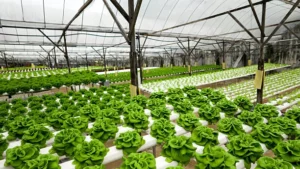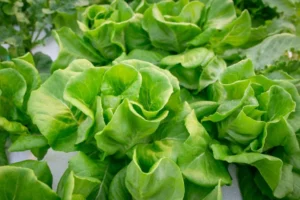Organic is a set of agricultural practices that protect natural ecosystems and avoid the use of synthetic pesticides, fertilizers, genetically modified organisms (GMOs), or bio-engineered materials. Organic farming practices are permitted by regulations in place in many countries to protect soil quality and biodiversity, conserve water, reduce greenhouse gases, and sustainably manage farms. Many people ask, are hydroponic strawberries organic? Let’s answer that. The majority of hydroponic strawberries sold in grocery stores are organic. These plants don’t use soil so they can be grown without Pesticides and other chemical fertilizers.
When you buy hydroponic strawberries organic they are grown without using any synthetic pesticides or chemicals, instead using artificial methods such as creating raised beds or growing inside greenhouses with controlled lighting and temperature. Organic farming doesn’t involve the use of chemical fertilizers, sewage sludge, genetically modified crops (GMOs), bio-engineering processes like gene splicing, or animal feed made from waste products like rendered animal manure (slurry). It also means no synthetic pesticides were used to grow the crop so there’s no risk of harmful residue getting into your food.
What is a Hydroponic Strawberry?
A hydroponic strawberry is grown without soil, which means it doesn’t need to be sprayed with pesticides. The plants are often raised in a controlled environment so they can get the right amount of sunlight and grow at a steady pace. Also, hydroponics doesn’t use slurry, which is something that organic strawberries do not use. The biggest advantage to hydroponic strawberries is that they’re grown without soil, so there’s no risk of chemical residue getting into the food that you eat. They also grow twice as fast as traditional strawberries because of the controlled environment they live in. This makes them easier to harvest and get to market faster than if they were still in the ground. There are many advantages to buying organic strawberries instead of hydroponic ones because there’s less risk involved with harmful chemicals getting into your food when you buy them from an organic farm. If you have any questions about whether or not your strawberries are organic, consult with the farmer who is selling them for you!
The Benefits of Hydroponic Strawberries
There are a variety of benefits to buying organic strawberries. When you buy hydroponic strawberries, you’re supporting a sustainable way to produce food. You can be sure that they’re pesticide-free and GMO-free, which means they don’t pose any health risks to you or your family. In addition, it’s important that these ingredients are grown in an environmentally conscious manner so they aren’t damaging the environment around them. Organic strawberries also taste better than their non-organic counterparts!
For more information on how organic foods are regulated, check out the USDA’s National Organic Program website at www.ams.usda.gov/AMSv1.0/nop
When to Buy Hydroponic Strawberries
If you want to buy strawberries that are organic, hydroponic strawberries are the way to go. If you’re looking for strawberries that are grown without pesticides and chemicals, hydroponic strawberries are a safe bet. But if you want to buy organic strawberries, there’s not really a difference between how they’re grown. Organic farming is all about using natural methods of growing plants instead of using synthetic methods. This means no chemicals and no pesticides or fertilizers were used to grow the crop so there’s no risk of harmful residue getting into your food.
How to Choose a Certified Organic Strawberry Plant
When you’re shopping for strawberries, it’s important to make sure your strawberries are certified organic by looking for the USDA Organic seal on the container. If the sticker doesn’t say that it is certified organic, then it probably isn’t. It’s always safer to purchase strawberries from a store that has a USDA Organic seal on its packaging because they’re guaranteed to be pesticide-free and non-GMO. Some other things you can look for when choosing a plant area where they were grown and what type of light they’ve been exposed to. The more natural sunlight your plants have received, the more likely they are to produce higher-quality strawberries with better flavor and color. In contrast, if your strawberry plants have been grown in greenhouses or within raised beds, these conditions will result in smaller berries with lower levels of sugar and antioxidants than their counterparts in open fields.
How to Care for Organic Hydroponic Strawberries
Organic hydroponic strawberries are a more sustainable solution to growing strawberries. The process of growing these plants relies on artificial methods which can be costly for farmers but also reduces the number of chemicals used in farming, which means there’s less risk to human and environmental health. If you want to grow your own organic hydroponic strawberries, make sure your grow area is clean and well-lit at all times. If you don’t have a greenhouse or an insulated grow bed, you could use reflective surfaces like metal or water bottles to reflect light inside the grow bed. The key is getting enough light exposure during the day so that the plants stay healthy and don’t dry out. Strawberries require lots of sunlight and can be grown indoors with fluorescent lights if they need more lighting than natural light provides. You should also keep humidity levels in the right range so that the leaves remain healthy and plump for longer periods of time. You should use a humidifier to control the temperature and humidity in your grow area as well as provide essential moisture to your plants by misting them daily. Fertilizers are generally used sparingly when growing organic hydroponic strawberries because composted chicken manure is used instead which reduces chemical waste going into landfills by about 50 percent over typical fertilizer production methods because this method does not include chemical fertilizers made from animal waste materials like slurry.
Which Type of Hydroponic Strawberry Is Best?
So which type of strawberry is best? Organic strawberries will be the healthiest option but they are also more expensive. There are some hydroponic strawberries that aren’t organic but are grown from seeds rather than being transplanted from other plants or trees. These plants won’t be as healthy as the ones grown organically but they will still have a lower amount of pesticides and chemicals than other hydroponic strawberries. If you want a cheaper option then you can choose to buy hydroponic strawberries grown from seeds rather than transplanting them from other plants or trees. They won’t be as healthy and won’t have as much pesticide residue, but it will still be better for your health than buying conventional strawberries because there’s no risk of any harmful chemical residue getting into your food.
Conclusion
When buying a hydroponic strawberry, make sure you are buying a certified organic one. Sometimes, hydroponic strawberries can be grown on a plant that has not been certified, but it’s always safer to buy from a certified organic strawberry grower. The benefits of hydroponic strawberries are that they require less pesticide than their conventionally grown counterparts. These strawberries are also able to be harvested much earlier than conventional strawberries. They are also typically more cost-efficient and healthier for consumers.
FAQ’s
What is the difference between hydroponic strawberries and traditional strawberries?
Hydroponic strawberries are produced using a nutrient film technique (NFT) that sprouts the plants in a series of perforated plastic sleeves, similar to traditional greenhouses. Unlike soil-based plants, hydroponic strawberries can be grown year-round indoors in areas free from the threat of frost. The plants are grown in a nutrient-rich solution and require less water than soil-based varieties. They also produce smaller fruit that tastes better and has minimal seeds. As with conventional strawberries, hydroponic varieties tend to yield more fruit per plant as they grow taller and develop stronger stems.
Hydroponic strawberries also tend to be more uniform in size, shape, and color. The plants produce fewer pests and are easier to maintain. Because they’re grown indoors, hydroponic strawberries can be stored for longer periods of time at lower temperatures with minimal losses in quality.
How is hydroponic strawberry production different from traditional strawberry production?
Hydroponic strawberries are produced by suspending the plants in an artificial environment of water and soil. This gives the plants access to more light and nutrients. Water is circulated around the plant through tubes called roots.
Hydroponic strawberries are rich in flavor and have very uniform size and quality. They have a more natural color, taste better, and last longer than plants grown in soil. Hydroponic strawberries also do not need pruning so they grow bushy. Eventually, they can reach up to 5 feet high and produce large berries.
While hydroponic strawberries are more expensive than traditional, they are also easier to produce, require less space for production, and have less labor commitment compared with normal soil-grown strawberries.
What are the benefits of buying organic strawberries?
It is not 100% clear, but organic farming can be thought of as producing food in a way that minimises or avoids reliance on synthetic pesticides and fertilisers whilst still enabling the highest possible standards of health and nutrition to be maintained. Because organic farming doesn’t use synthetic chemicals, it may require more work and labour to produce food in a way that minimises or avoids reliance on synthetic pesticides and fertilisers whilst still enabling the highest possible standards of health and nutrition to be maintained.
